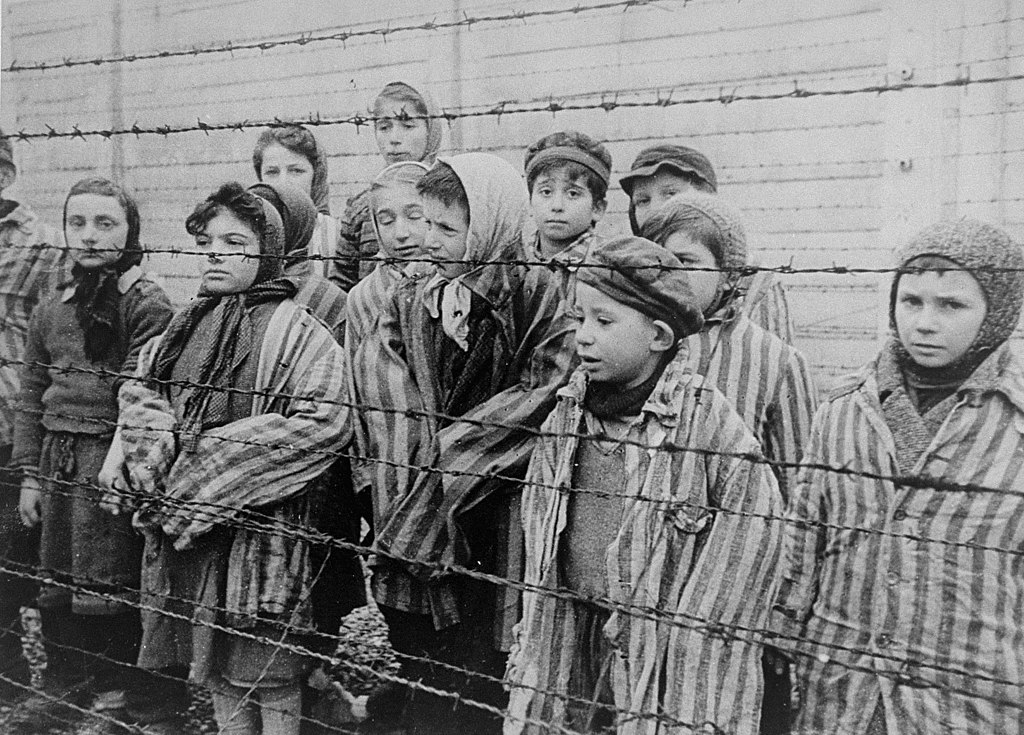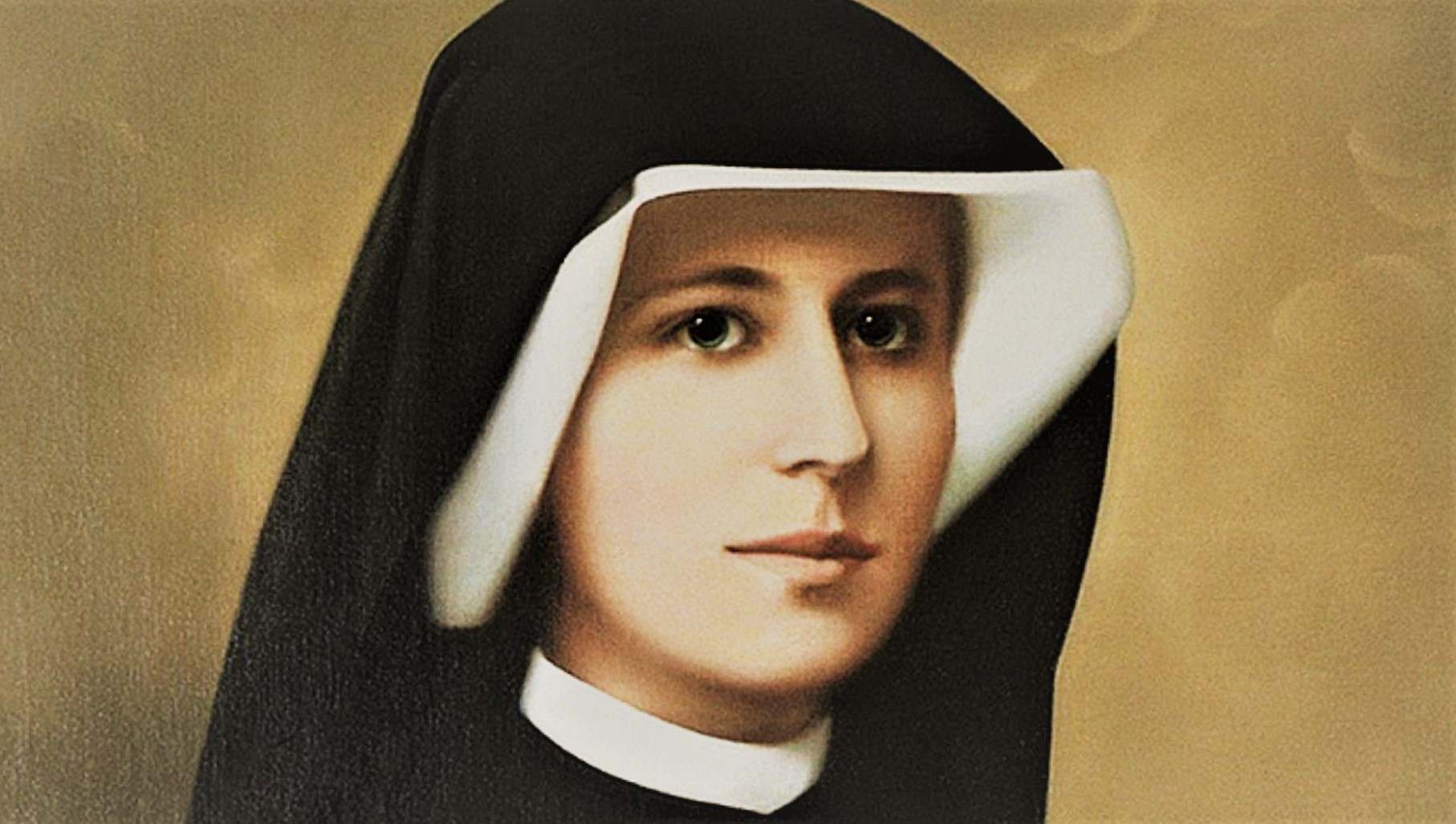“I believe this 75th anniversary is particularly important. We do not know whether in five years, on the 80th anniversary, we will still be able to invite such a large group of survivors. The second issue that characterizes this anniversary is the condition of our society”, states Piotr Cywiński, Director of the Auschwitz-Birkenau State Museum.
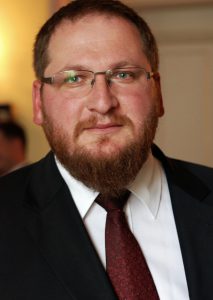
polishhistory: Fifteen years ago, the United Nations designated 27 January as International Holocaust Remembrance Day on the anniversary of the liberation of the German Nazi concentration camp Auschwitz-Birkenau. Does this international dimension of the celebration impose a special responsibility on the museum that you run?
Piotr Cywiński: The museum organizes the anniversary celebration of the liberation of the Auschwitz-Birkenau concentration camp. This is an event on a global scale, and it receives a lot of attention from the media and public on every continent, thus it is a huge challenge for the museum’s entire professional team, whose daily work involves something completely different. But the fact is that I work with a team of fantastic people who do their best and understand their contribution to the future of the world.
Nevertheless, if the UN General Assembly recognizes the date of the liberation of Auschwitz as an international remembrance day, it is also a great opportunity for a voice from this Memorial to be heard throughout the world. In other words, our responsibility is the same, because it is a responsibility to history, to the camp victims, and to their memory. However, we undoubtedly employ slightly different methods in our approach. This International Holocaust Remembrance Day is observed in many places around the world, and this makes our work slightly more complicated, as it is crucial that we make sure the message of the Auschwitz Museum is clear and always consistent with history.
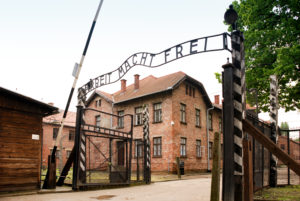
The approaching 75th anniversary of the liberation of KL Auschwitz will be widely observed. How is the Auschwitz-Birkenau Museum preparing for it?
Since we expect about 200 survivors to attend, as well as many official delegations, representatives of many memorial institutions, and various associations and organizations, we plan to erect a huge tent in front of the Birkenau Death Gate, in which the first part of the ceremony, i.e. speeches and prayers, will take place. Then candles will be lit at the monument to the victims of the camp.
How is this anniversary different from the others?
I believe this 75th anniversary is particularly important for two reasons. First, we do not know whether in five years, on the 80th anniversary, we will still be able to invite such a large group of survivors. This journey is also emotionally exhausting, brings traumatic memories, and, let’s face it, is becoming more and more difficult for elderly people. However, we owe it to them, for it was on their suffering that we built the foundations of the post-war world. It was on the back of their experiences, that the law, the concept of genocide, the understanding of crimes against humanity, the redefining the international order and even the role of ecumenism between different denominations changed.
The second issue that characterizes this anniversary is the condition of our society. Today, in many places around the world, we are observing an increasing, aggressive anti-Semitism, various signs of racism and xenophobia, and a growing language of hatred, but there is no real interest in genocidal events or serious human rights violations. It is also accompanied by an evident strengthening of populism, demagogy, as well as a decline in ethics and political dialogue. These are very disturbing signals and remind us of the darkest periods of our European history.
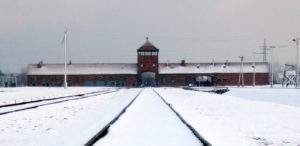
We are also reminded of the fragility of historical truth in the modern world by the historical manipulations of President Vladimir Putin. Is there a fear, 75 years after the liberation of the Auschwitz camp, that politics will prevail over historic memory?
This, unfortunately, cannot be excluded. Today I have the impression that in the public space, history is almost exclusively being discussed by politicians, and of course their purpose is not historical truth, but politics. And they do it for better or worse. Russia – for example – is going too far in distorting the facts, which has been noticed in many countries, and it has been commented on in a clearly critical way. I have the impression that the Russians are beginning to understand that they have gone too far. However, something else seems important to me – I get the impression that historical truth does not matter any longer. We have entered – in relation to many countries I could give specific examples – an era of complete political historical postmodernism. The past does not matter, what matters is how effectively one can use historical slogans to attack an opponent now.
We will be interested to hear the message of the conference organized at Yad Vashem on the 23rd of January. It would be good if everyone came to their senses in honor of the memory of the victims and the seriousness of Yad Vashem. Many people were surprised that the message from such an important place, on the eve of such an important anniversary, was to be handed over to external hands. Meanwhile, the anniversary of the liberation of Auschwitz, which we are organizing, will look completely different. Survivors will be the primary speakers and are the most important participants, even with the presence of many heads of state and government. I believe it has to be so, as long as they are among us. I will say it again – if we look at the post-war reality, we simply owe it to them.
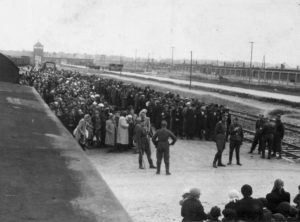
On the one hand, the Auschwitz camp is a place of national remembrance, both for Jews and Poles, but on the other, it is an element of the universal heritage of humanity. How to reconcile care for a particular heritage with a care for universal values?
First of all, we should not succumb to ideologies. It is the history of this place that has made it a world heritage site. So it’s a duty to safeguard the history of this place as it was, and not bow to pressures to promote one or another perspective. Because of the approach that we have adopted at the Museum, we are constantly being attacked by various extreme groups, representing various backgrounds and world views. Every now and then someone wants to force us to adopt their perspective as the only interpretation of Auschwitz’s history. Sometimes it is even funny when, for one activity, we are attacked from those who are completely and politically opposed to each other.
This does not change the fact that maintaining balance and peacekeeping can also be difficult. That is why the Ministry of Culture and National Heritage must recognize the significance of the situation. In a sense, the Museum is an outpost institution, as it is called in the language of diplomats. Therefore, if today, before the 75th anniversary of the liberation of Auschwitz, we are under fire on Twitter from both extreme groups of Polish nationalists and some Jewish extremists, in both cases we know full well which third country is behind it.
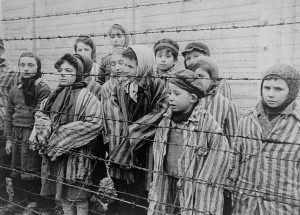
The Auschwitz-Birkenau State Museum has a long seventy year history, and the activity of the museum is multidimensional, combining, among others, scientific research, education and exhibitions. How would you sum up what has been built so far? Which of the achievements do you consider to be particularly important?
Seventy years is a very long period, indeed. In addition, the museum was first established by survivors, and only later staffed by museum professionals. This slow evolution took place throughout the era of communist rule and has continued up to the current period. I wouldn’t like to assess the achievements of my predecessors, because they functioned in completely different conditions than we do today.
Allow me to mention which achievements of the last several years I consider to be the most important. These include the establishment of a fund (EUR 180 million) to preserve post-camp authenticity, our presence on the Internet and, generally, in the world as a whole. This is thanks to exhibitions touring the globe, the expansion of the education centre, and the elevation of the storage system for objects and documents in the Collections and Archives to the highest level. The most important thing out of all of this is perhaps not so evident: we have succeeded in proving that the Auschwitz-Birkenau Museum is a solid, credible institution and a serious partner, demanding, but honest, reliable and important in its own way. This pleases me the most, yet on the other hand, it requires me the most from me, as well.
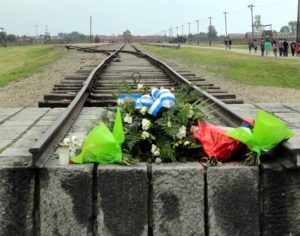
Last year, the Auschwitz-Birkenau Museum was visited by over 2.3 million people. A visit to the German Nazi concentration camp is an opportunity to learn about the immensity of evil, or could it be an opportunity to better understand history?
Both have a lot in common. A small child experiences various falls and achievements that help them gain experience. It is similar with people, with society, and with entire nations. History is not just a description of the past, otherwise it would be something between literature and science. History serves to help us understand today’s world and enables planning for our future, in this sense it is the key to the future. Hence, a good understanding of the immensity of evil should raise our awareness and make us feel responsible. However, nowadays, people seem to have a fundamental problem doing this.
We find it easier to argue about who is guilty and who is the hero. But when Syrians are drowning, when the Rohinda genocide occurs in Myanmar, when the people of old Congo are dying, when China puts million Uighurs into re-education camps or when fascists walk with torches through the streets of our cities – then we pretend that it is not our business. The biggest challenge in preserving memory is to make it solidly and realistically linked to our responsibility to each other today.
Interviewer: Michał Przeperski
Translation: Alicja Rose & Jessica Sirotin

